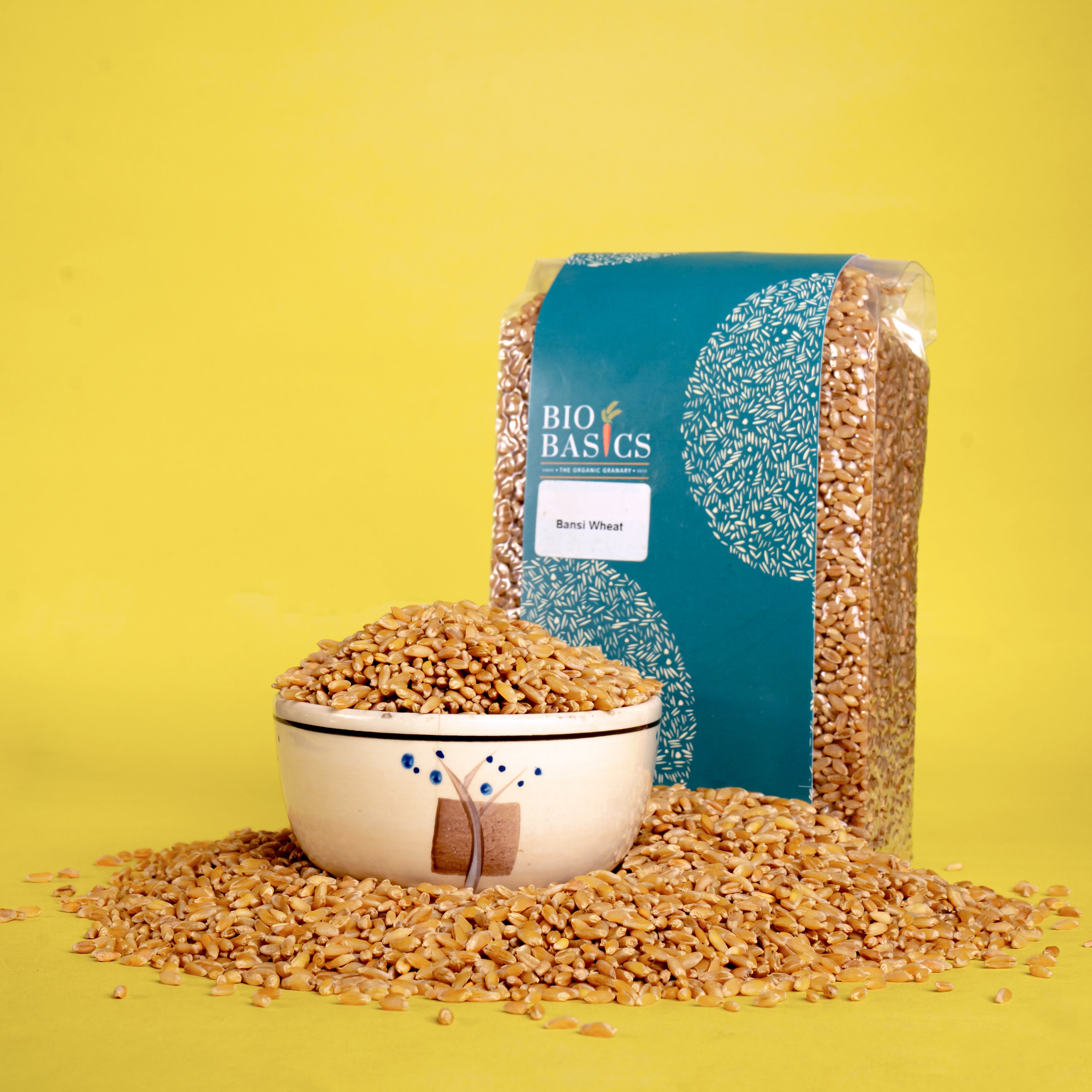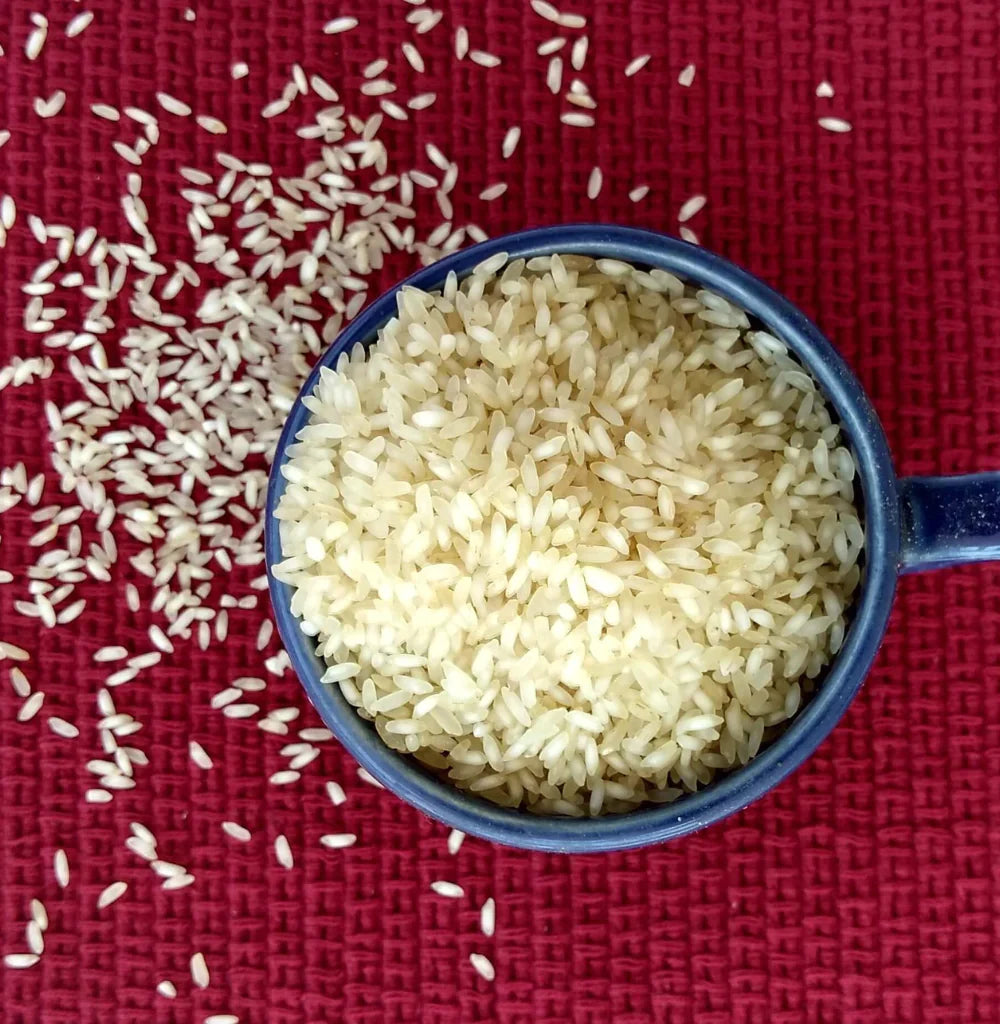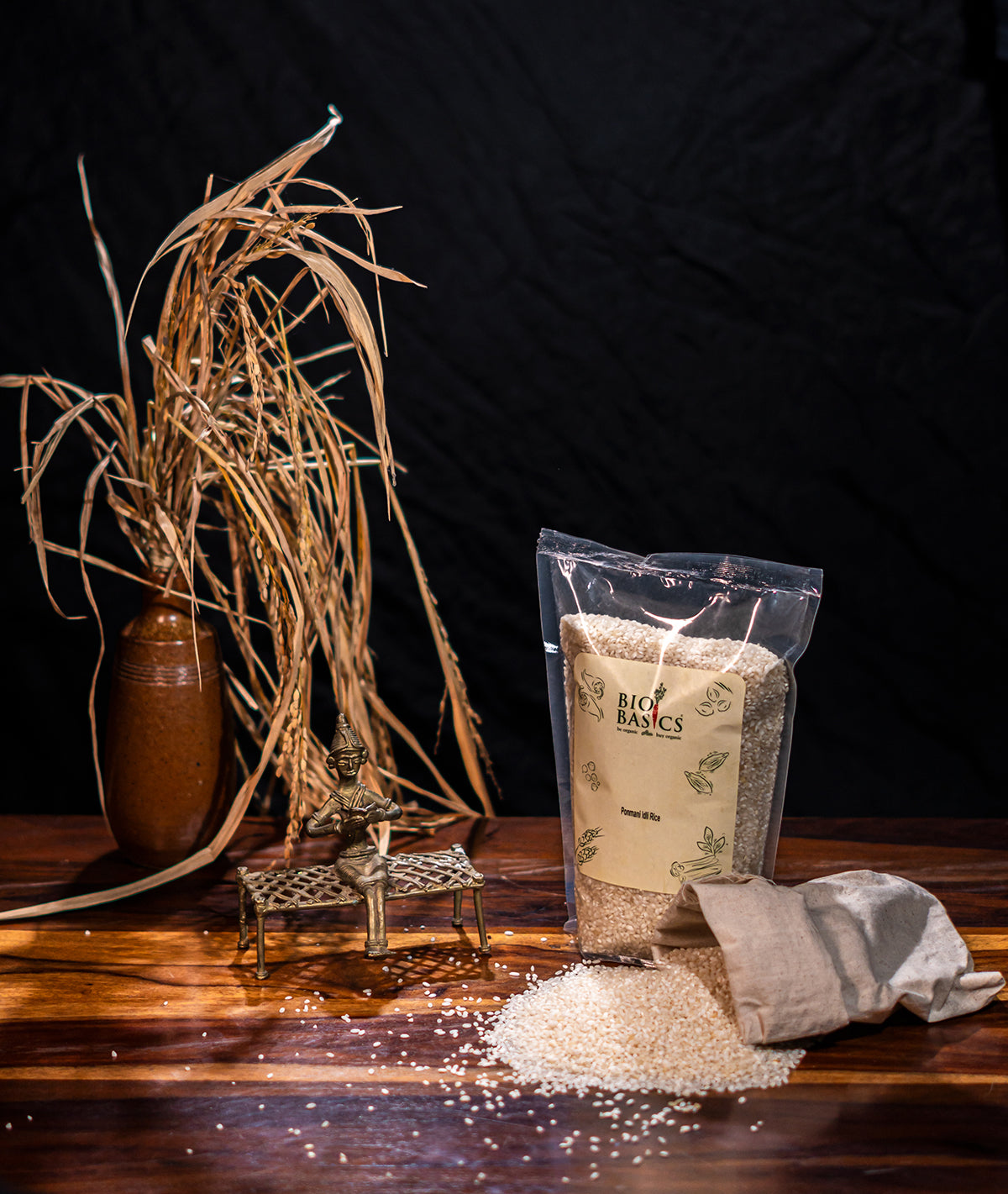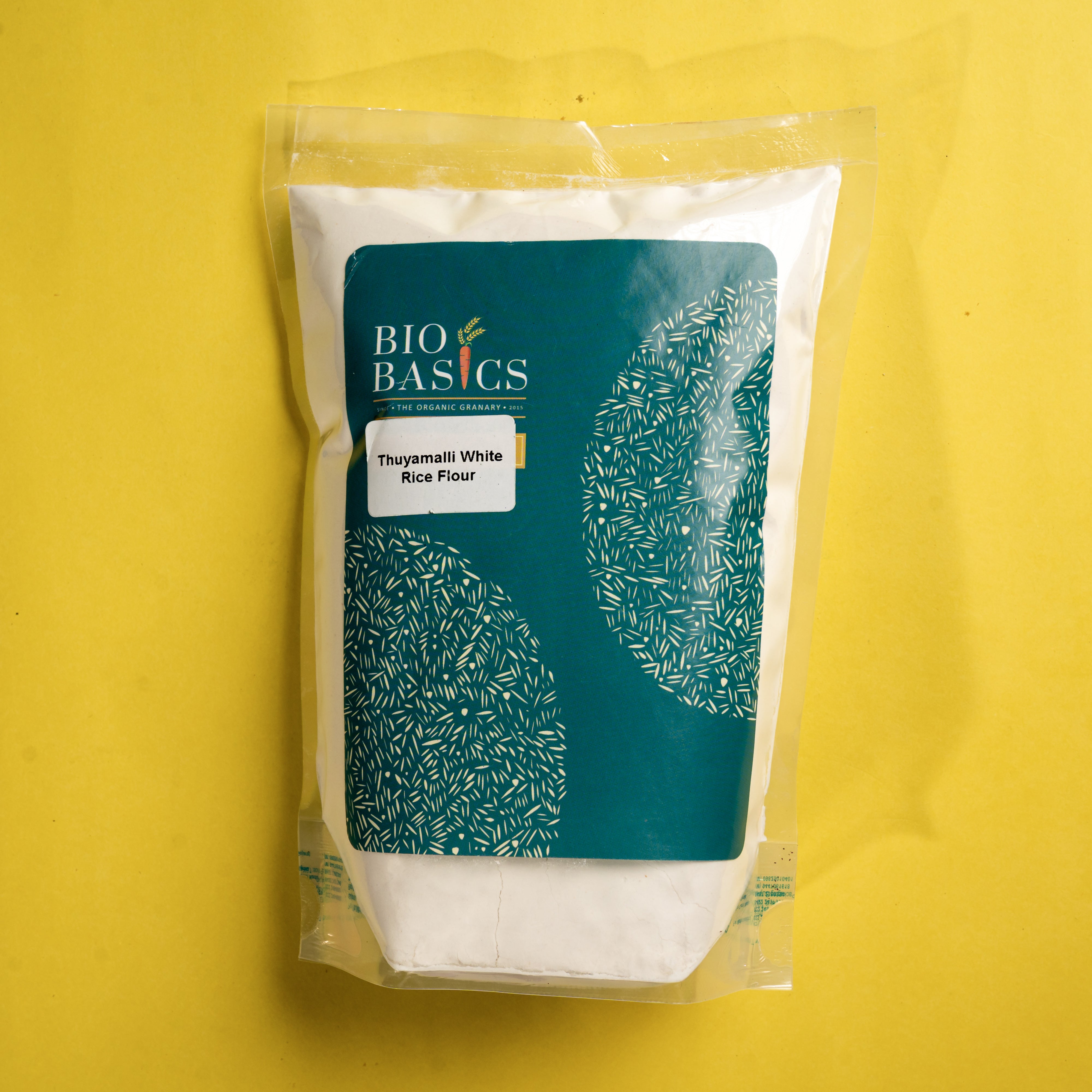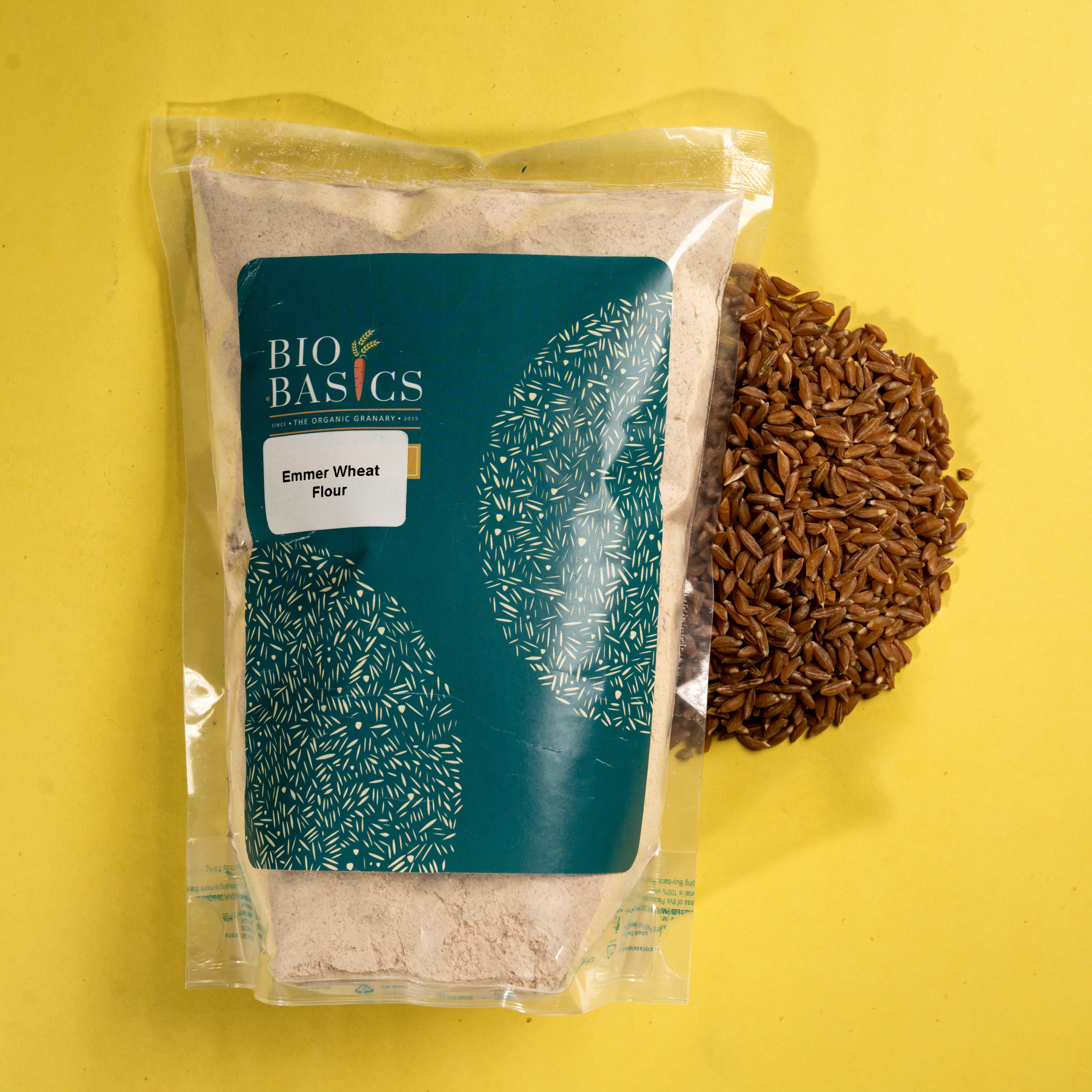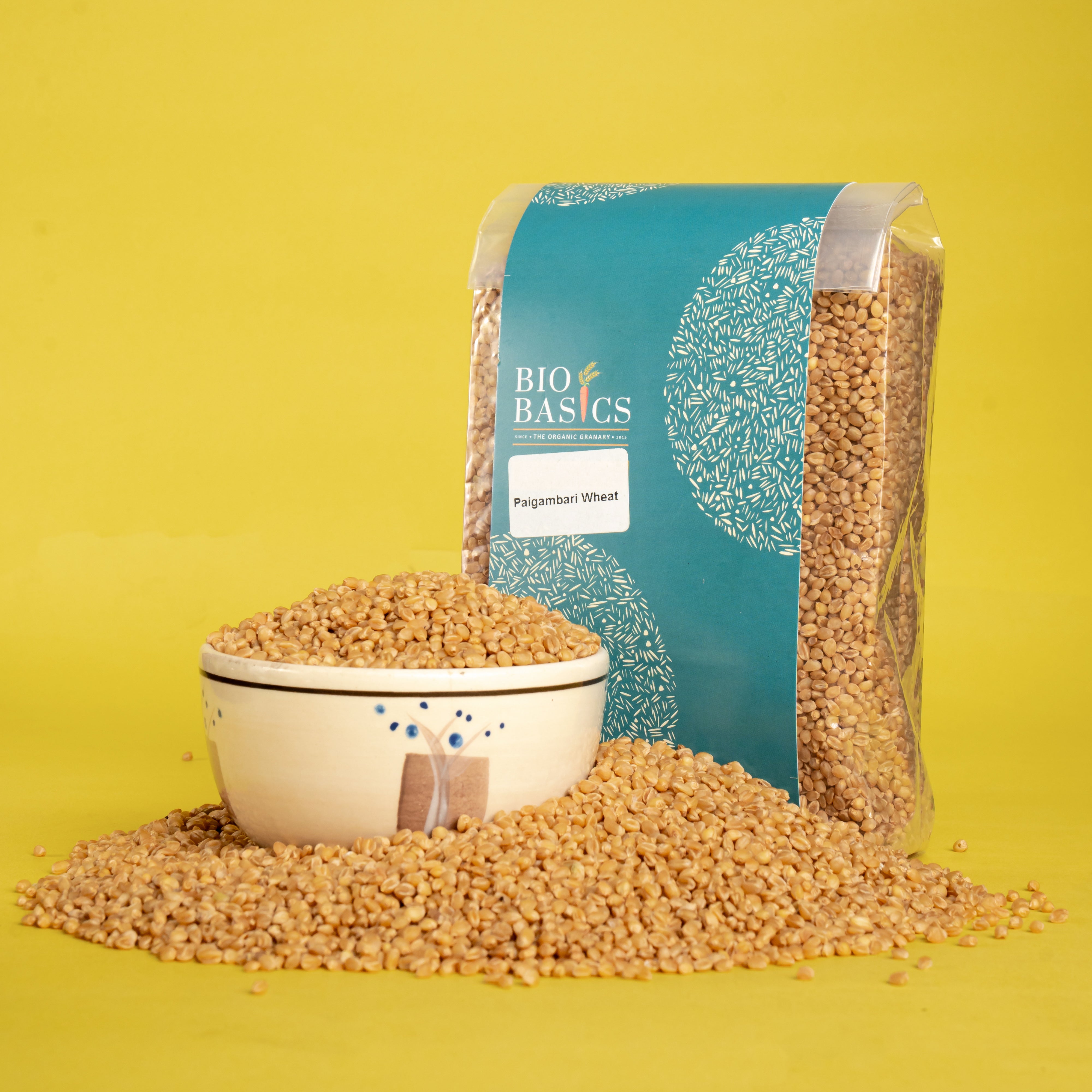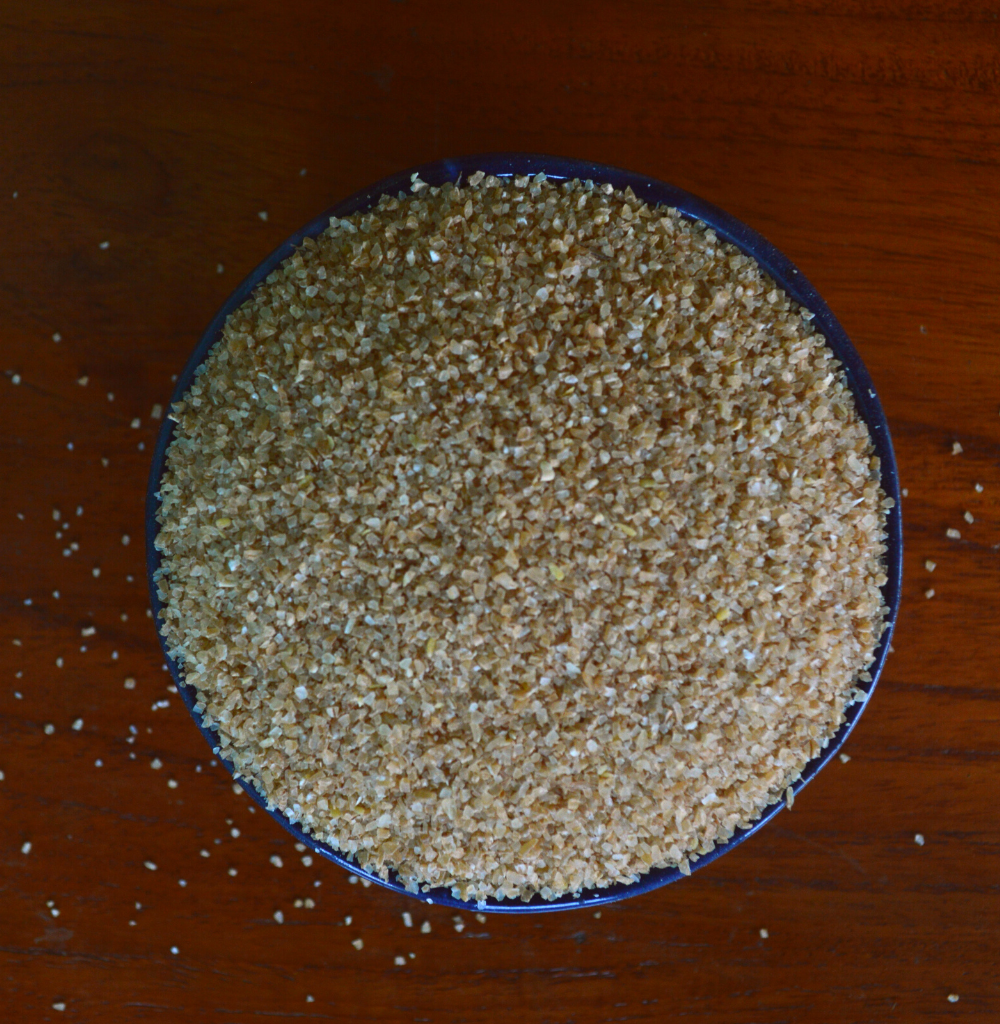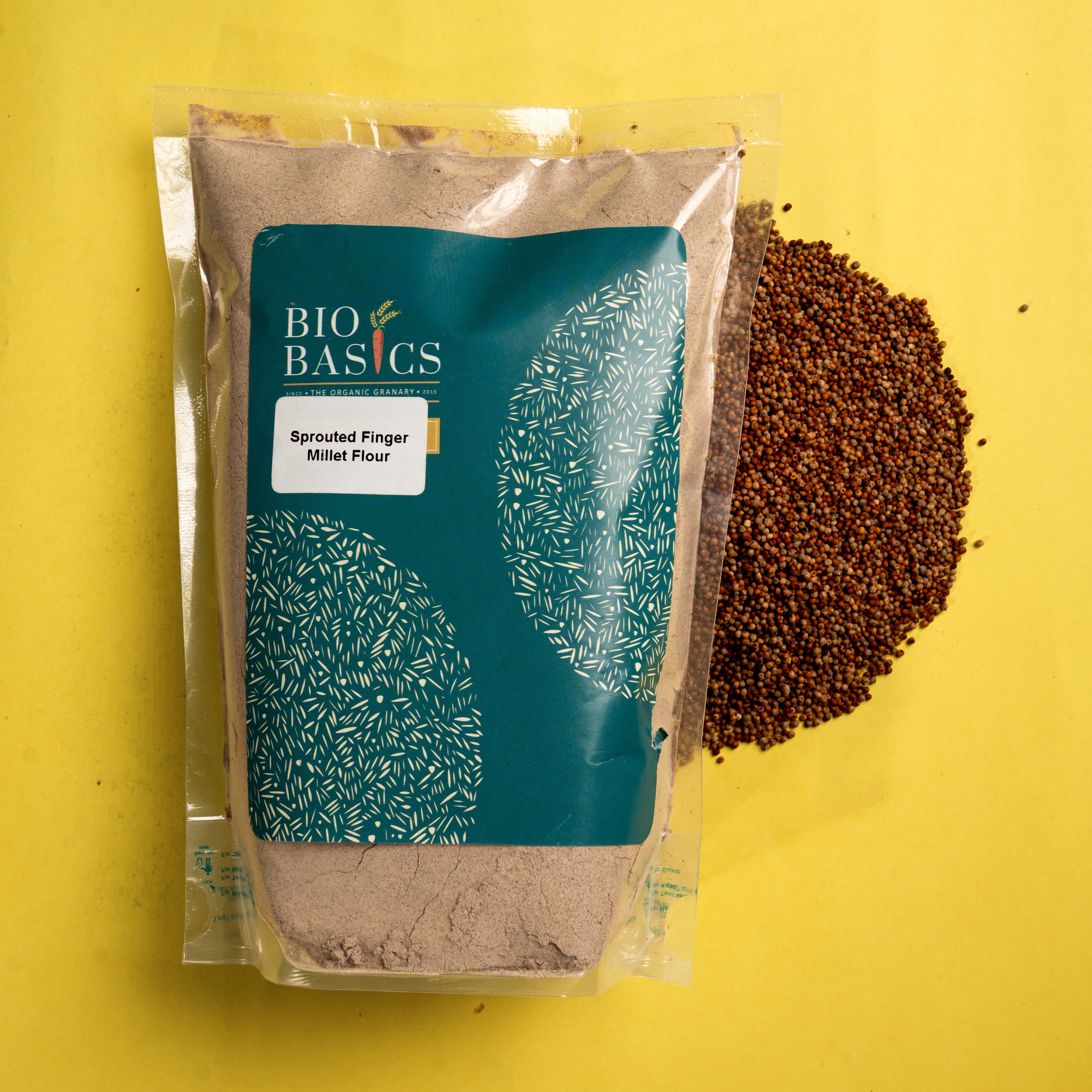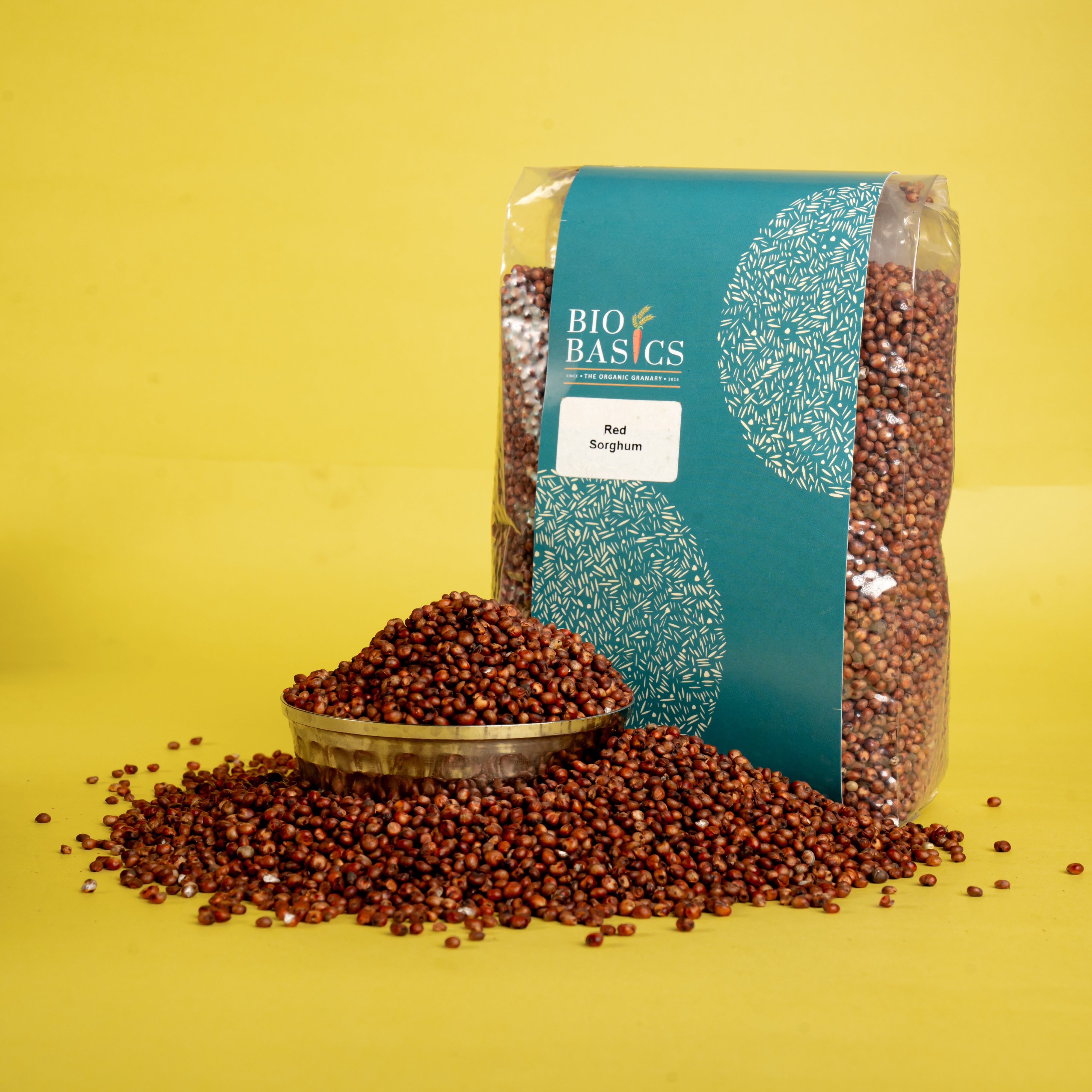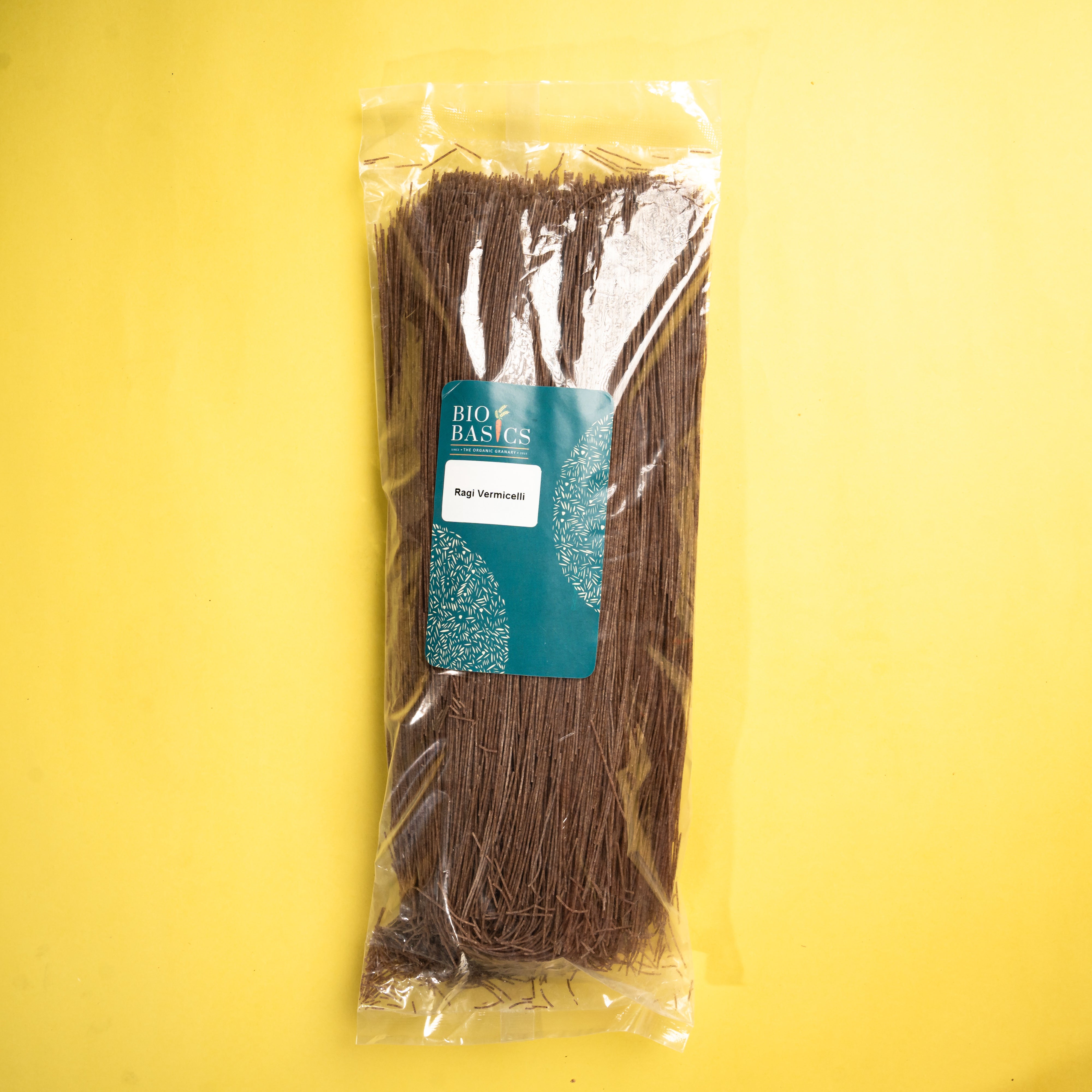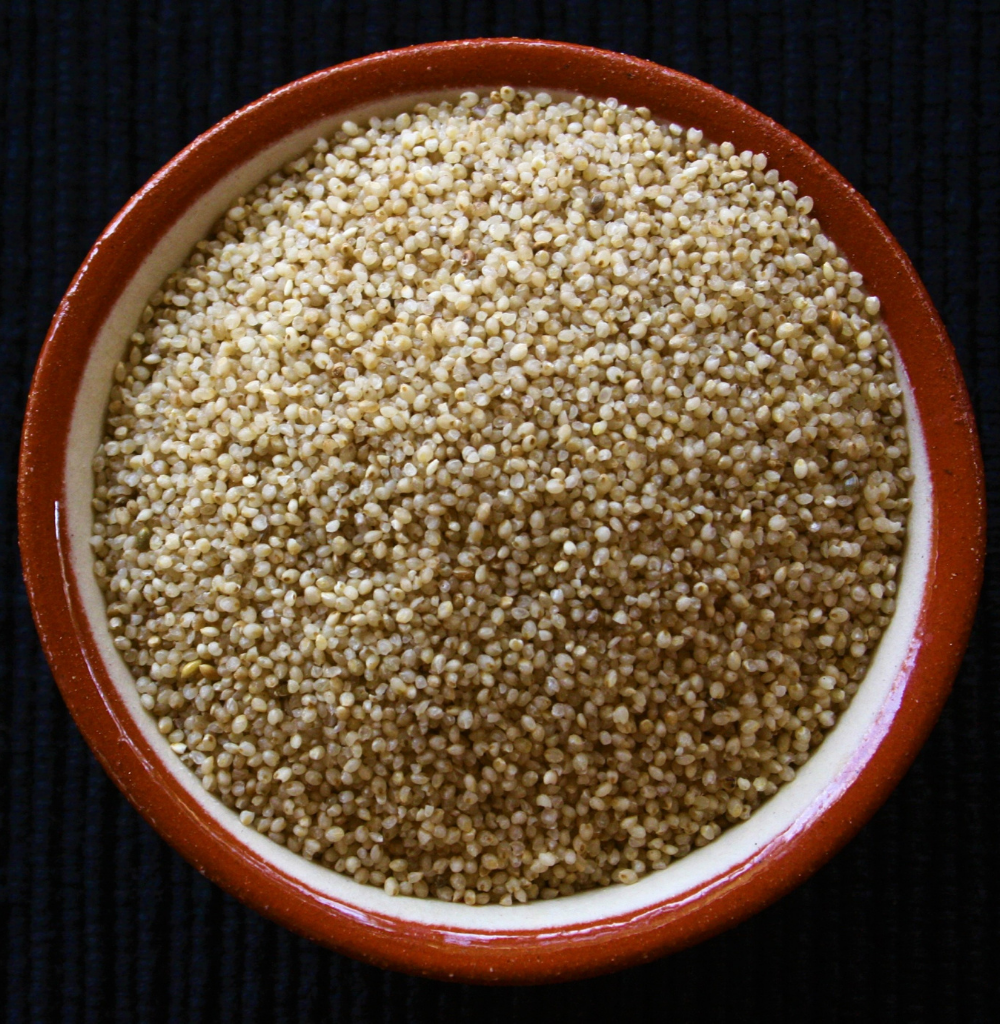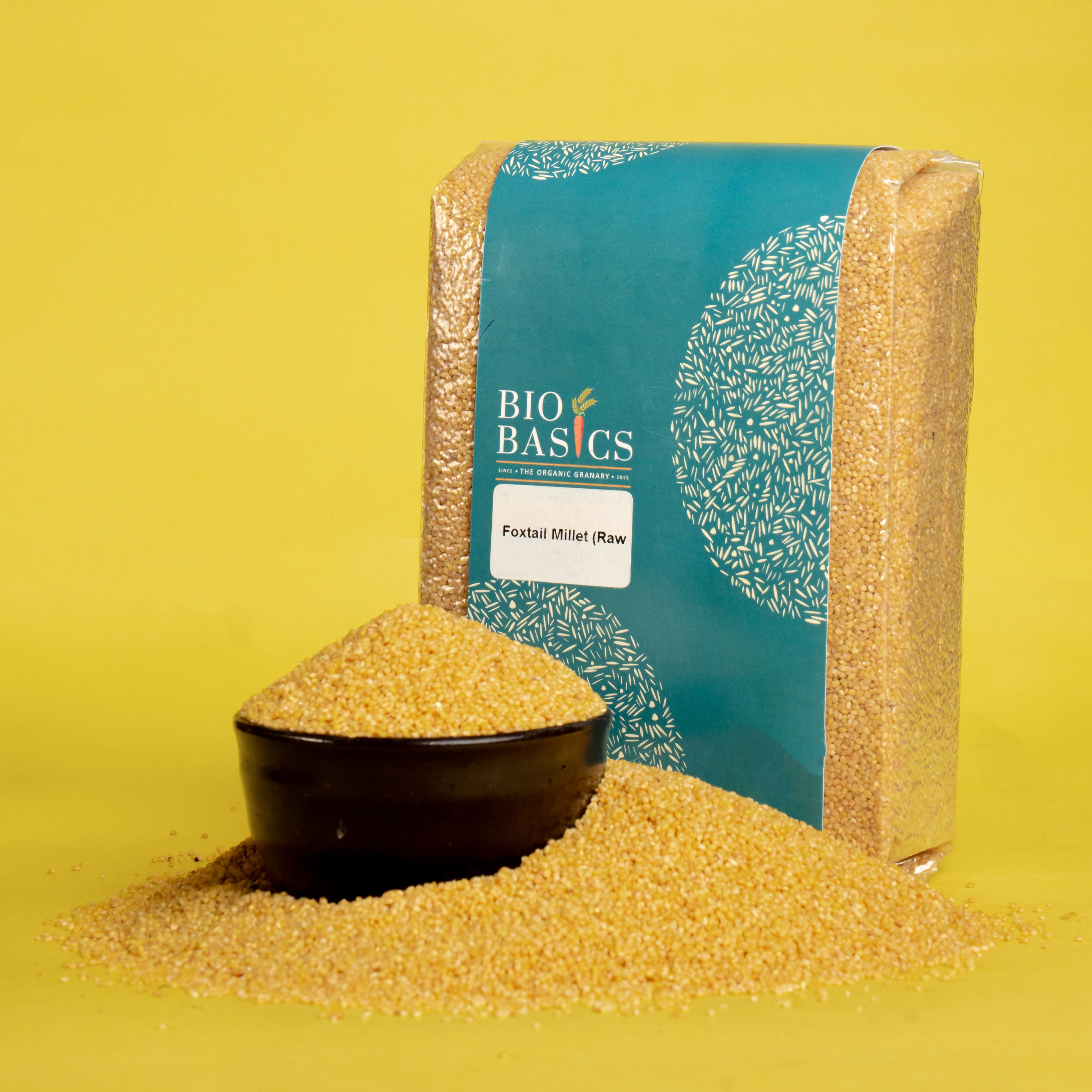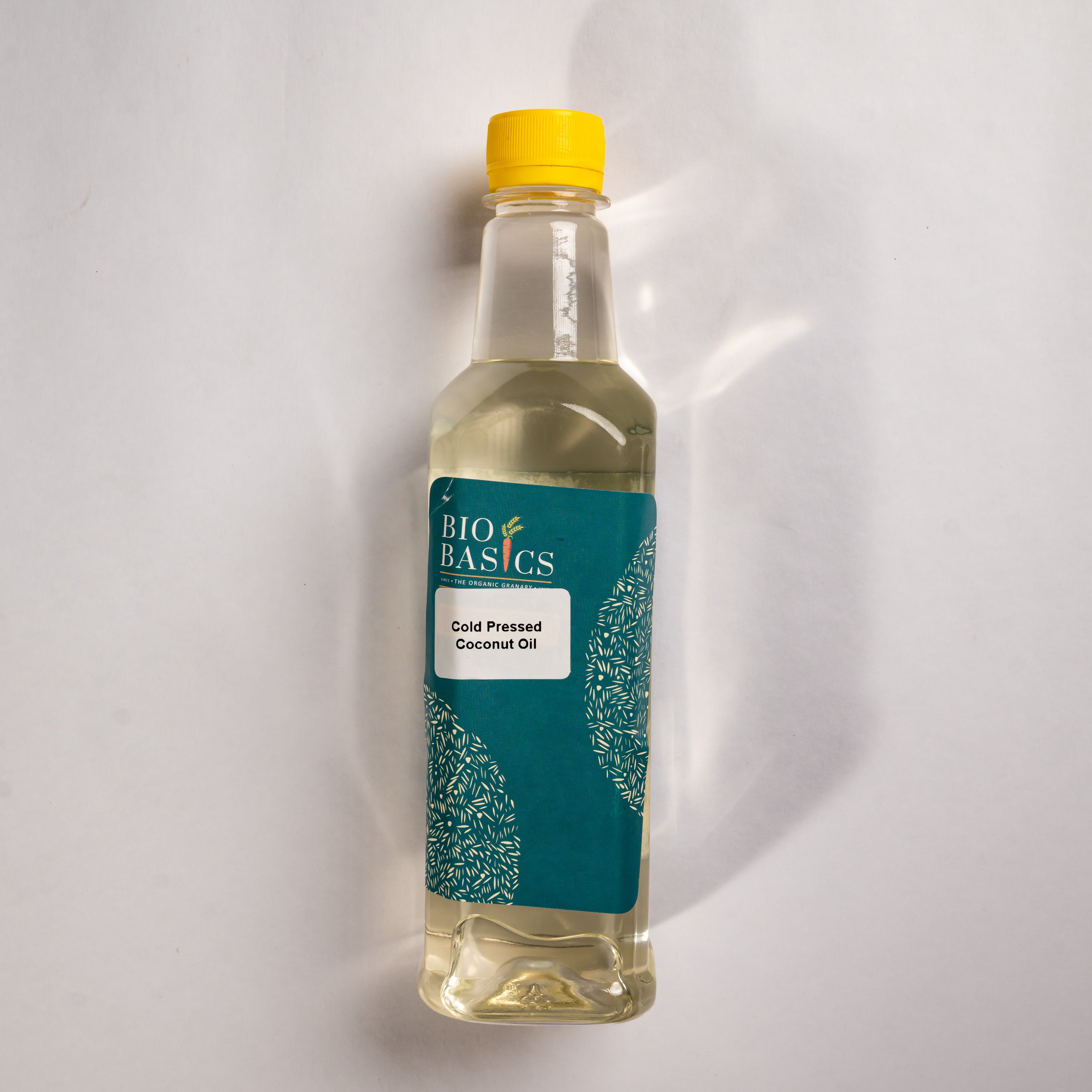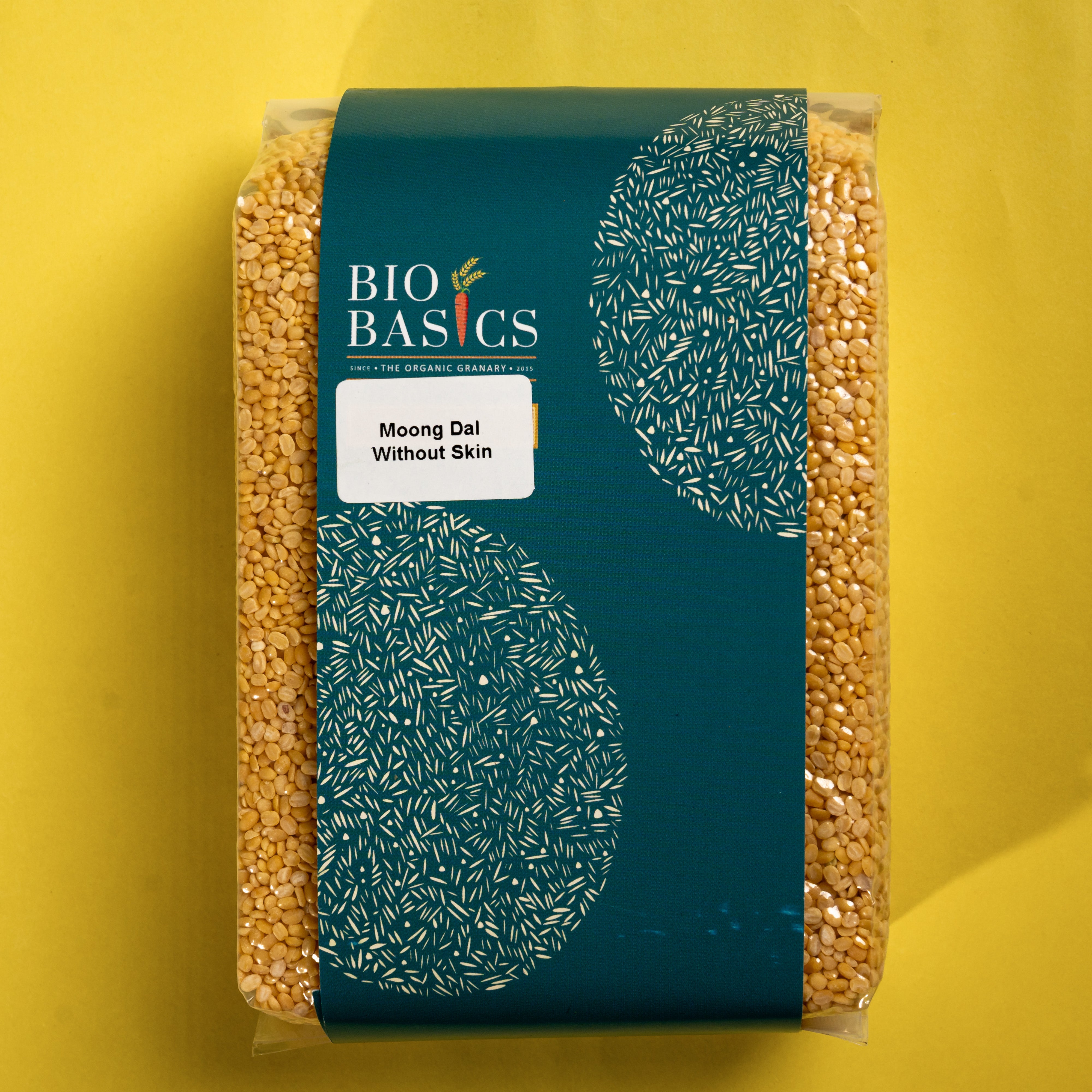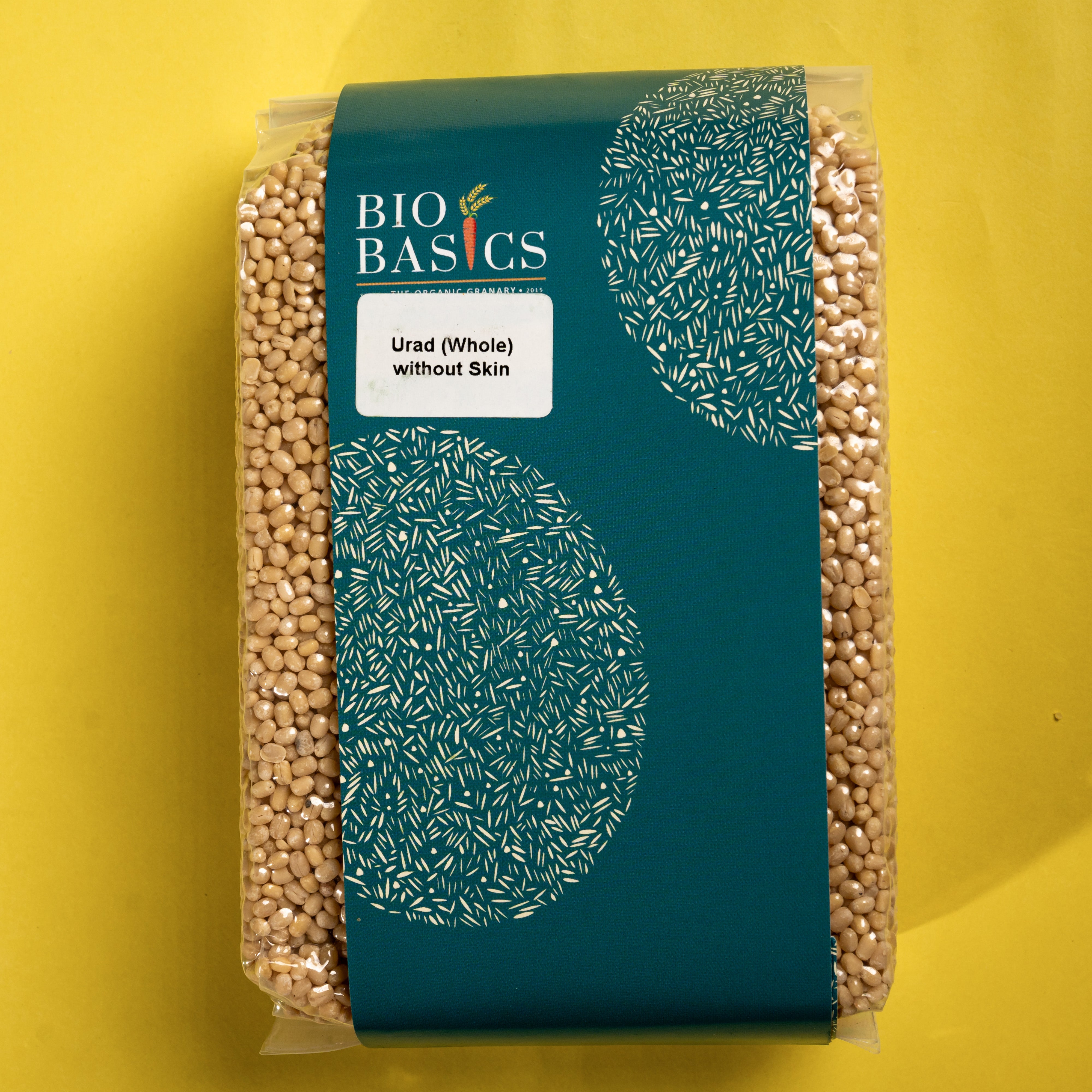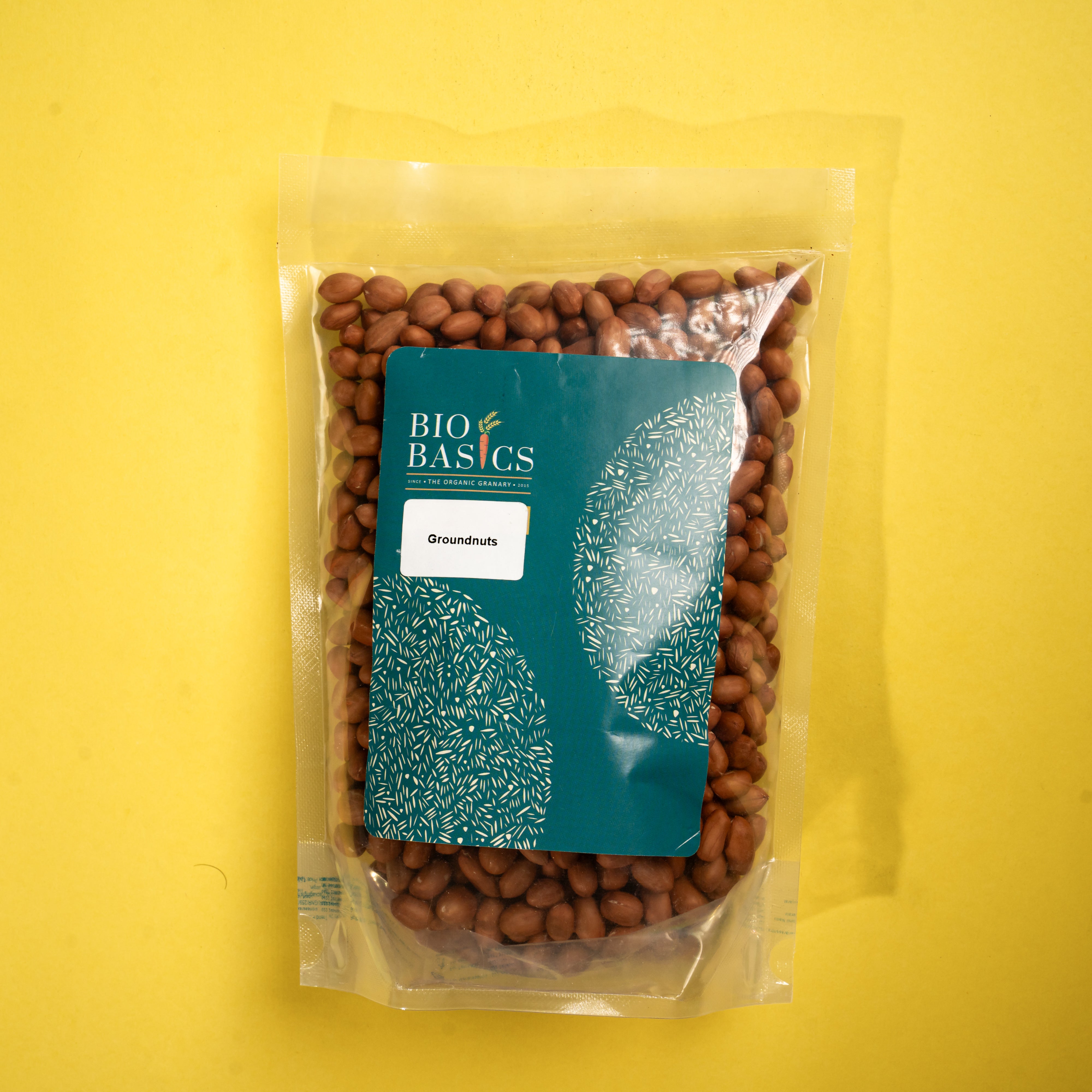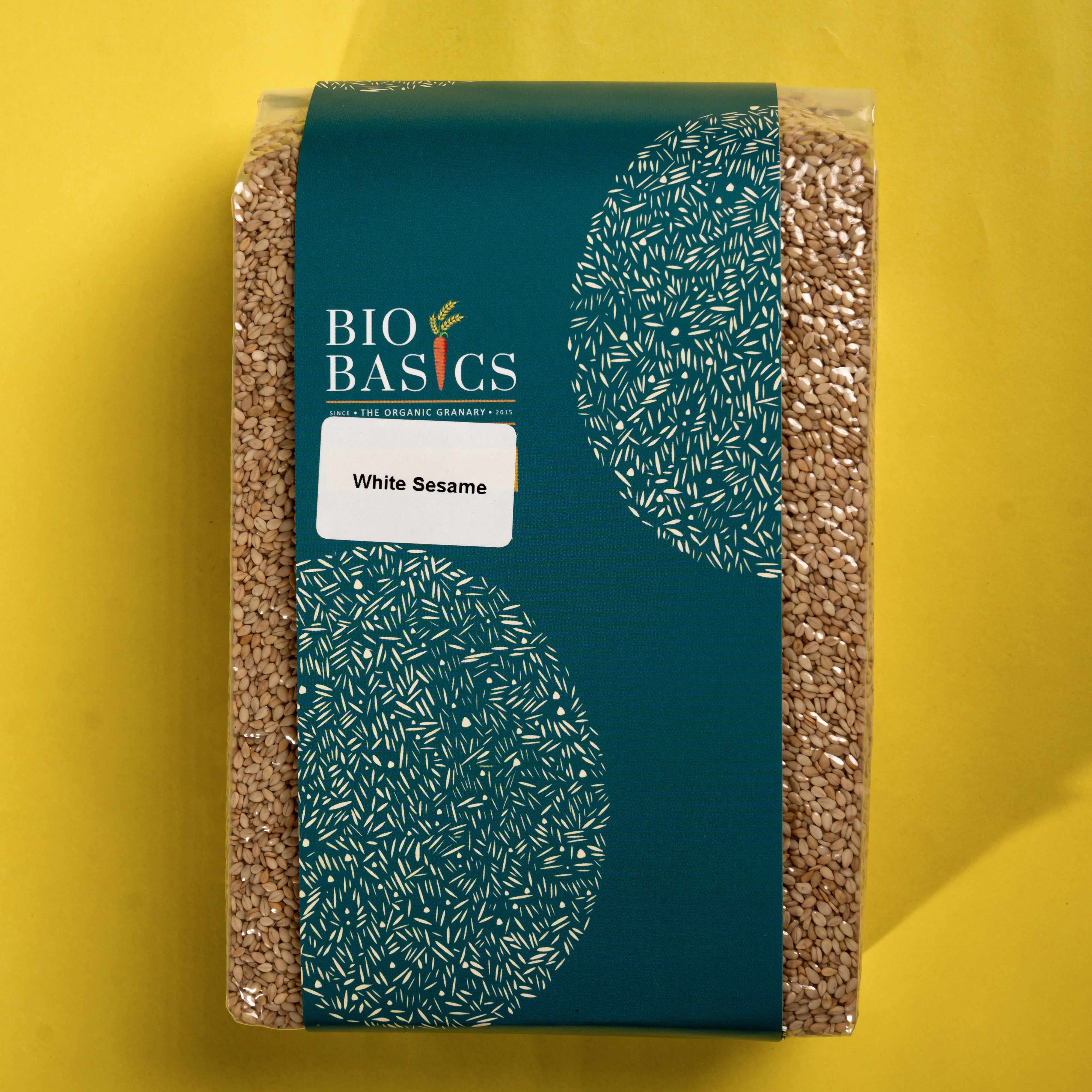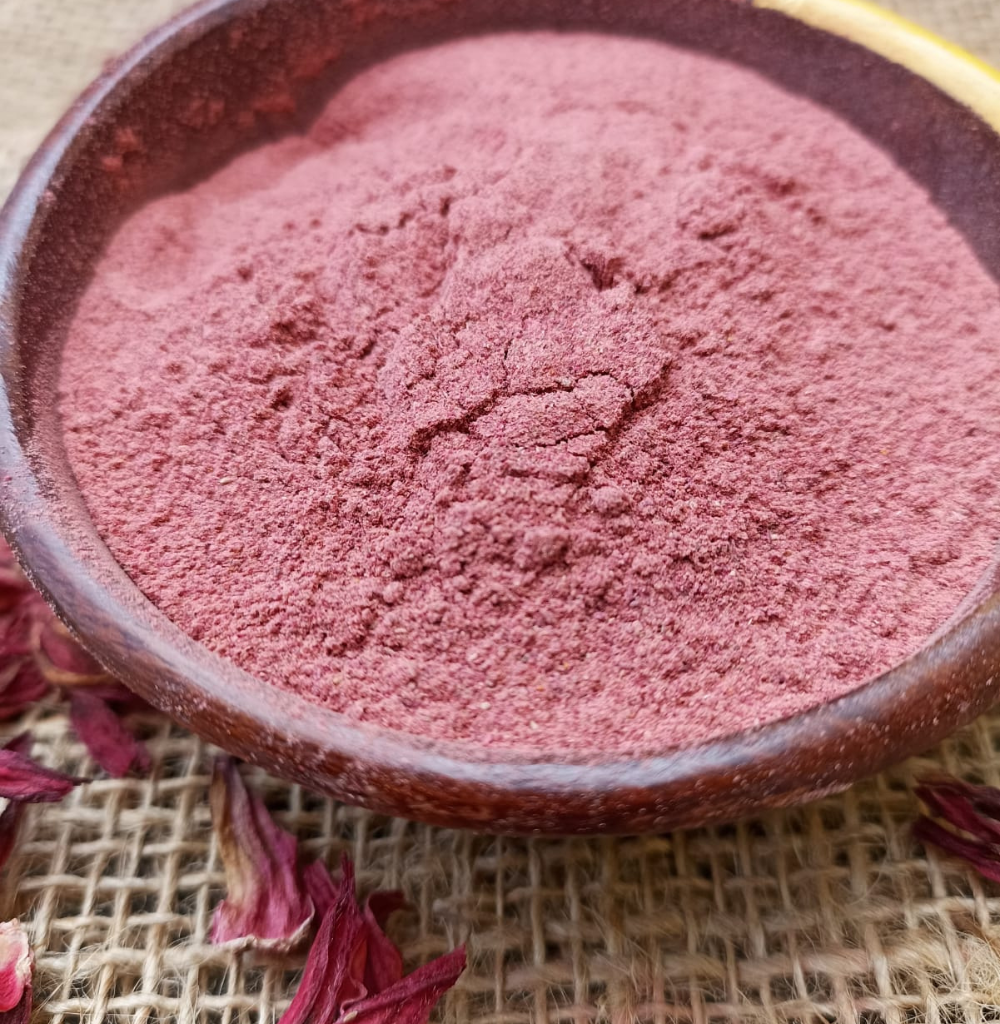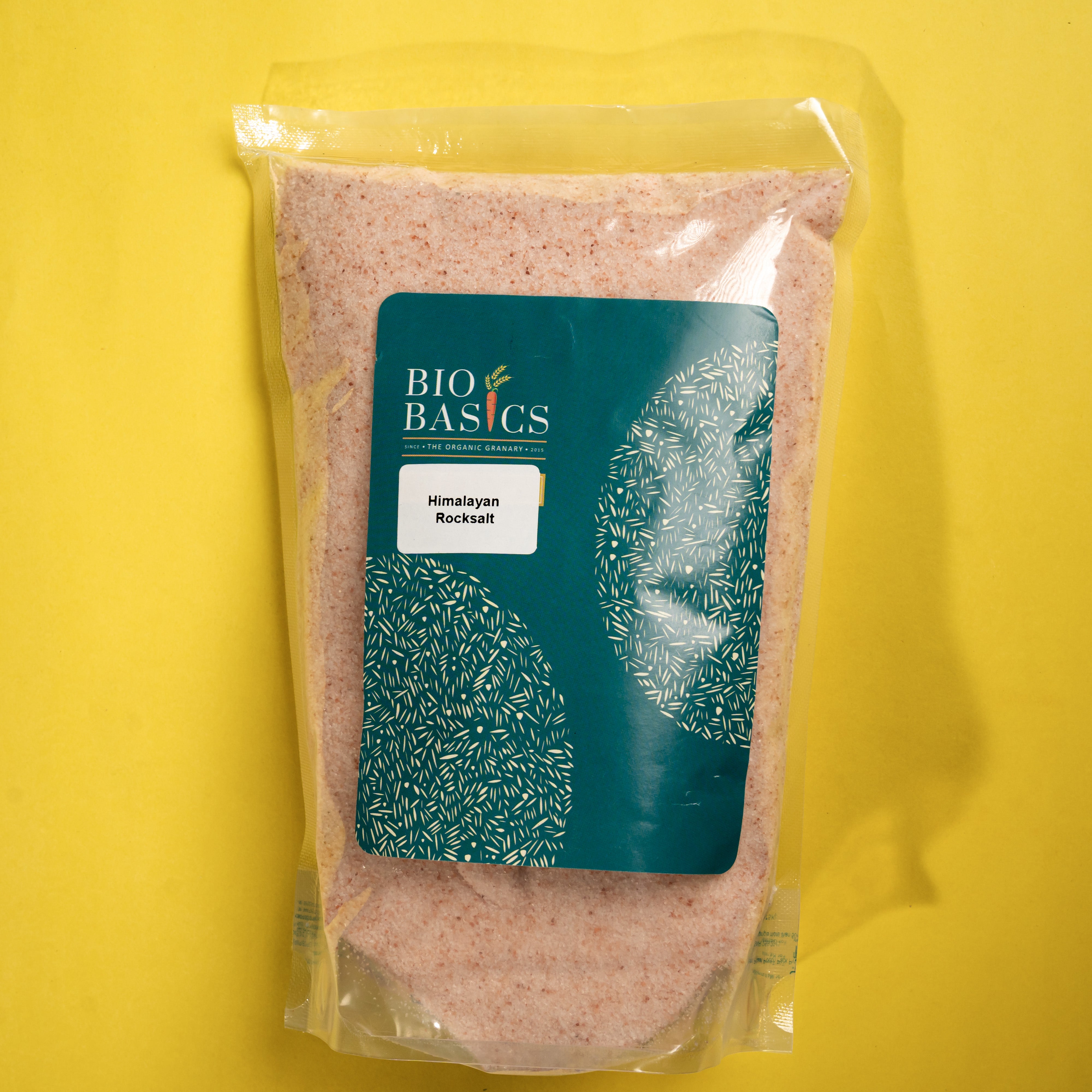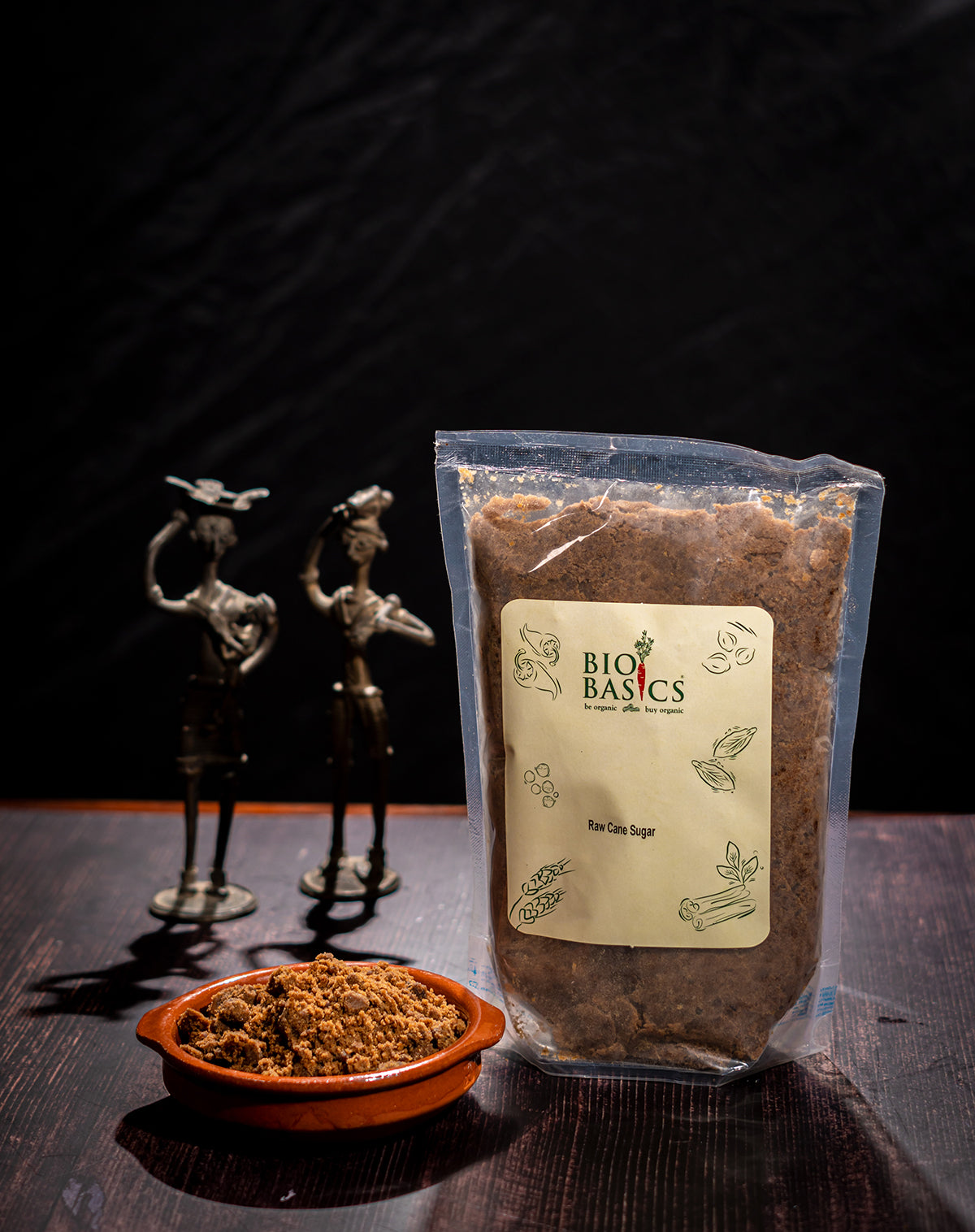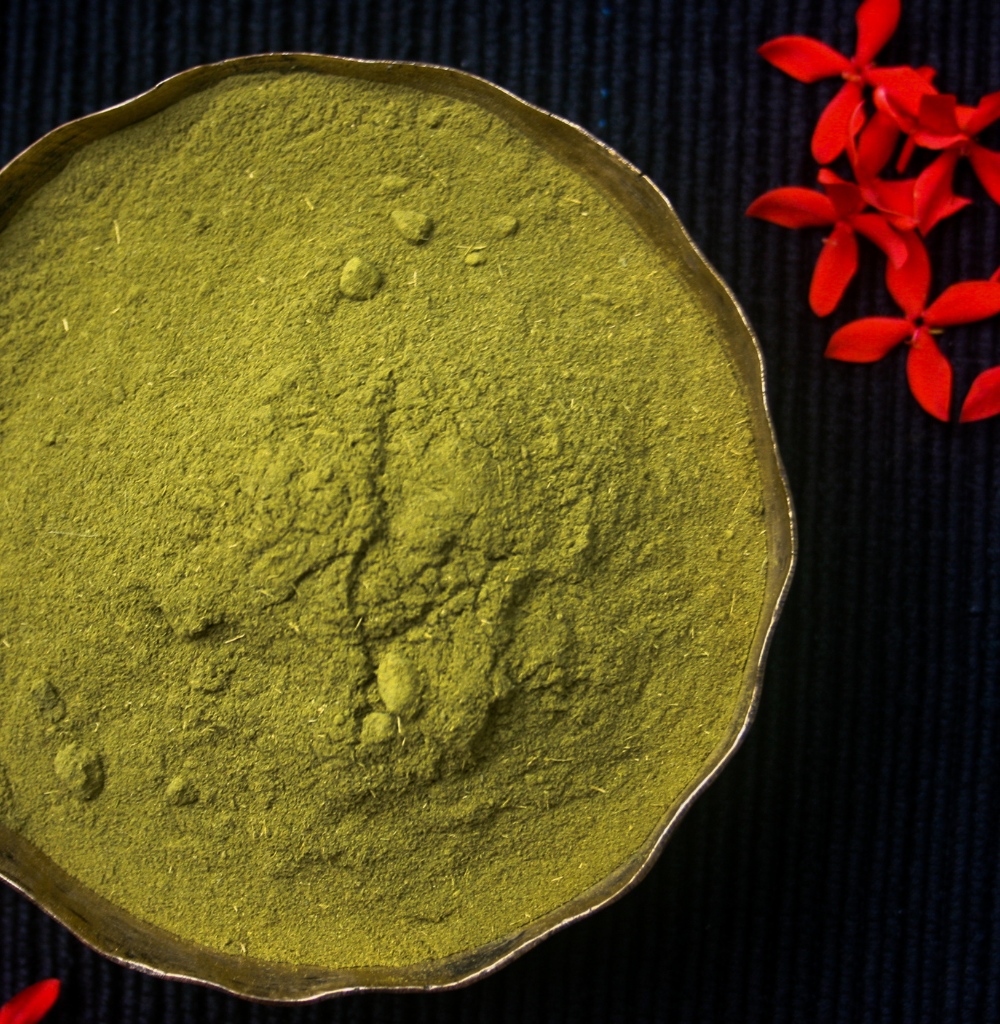How does chemical farming hurt the environment?
In many ways.
- Higher Water usage: Chemical farming, as you can imagine, requires more water to cool the soil/plants which are exposed to chemicals on a regular basis, because the chemicals kick off an exothermic (generating heat) reaction. Organic farming needs much less water. As India is one of the water-deficient countries in the world, it is best to go organic, so we can save all that excess water used for farming. And BTW just so you know, farming activities are one of the top users of groundwater! The Irony is that most governments in India have made electricity free for the farmers, so they can run their borewells all day long and suck out all the groundwater at a frightening pace! Water calamity is around the corner, unless we go organic.
- Higher Greenhouse gases (GHG): Most of the chemicals used in farming give rise to GHGs which affect our ozone layer leading to faster climate change. So no chemicals means lesser GHGs, and slower climate change
- Pollution: Chemicals used in farming lead to pollution of our groundwater, soil and air. This lowers the air/water quality that we are otherwise dependent on. This also lowers soil fertility in that sooner than later, the chemical farms become infertile.
- Ecosystem damage: Use of chemicals damage ecosystems more than what we can see. For instance, the use of a certain type of chemicals (organophosphates) are being blamed for the vanishing of the honey-bee colonies which are critical for our food production through natural pollination.
- Loss of Biodiversity: In chemical agriculture, the intention is to produce high yield of a certain crop by excessive use of a certain chemical. This looks attractive to an innocent farmer, because he is looking at the immediate result of high yield and higher income (which eventually eludes him anyway!). So some scientists develop varieties which are more adaptable to chemical treatment. And because of governmental support, this variety then becomes dominant in the market, because most farmers choose this variety for their own short-term financial goals. In this process, the traditional varieties, which are more resilient to climate change, suffer, as farmers do not grow them, and eventually consumers forget about them. So that is the problem with that? Well, when any new disease hits these few varieties, as we have invested a lot in just a few varieties, we are likely to see these crops getting wiped out. Like the Irish potato crisis of 1845. It is therefore advised to diversify our crop portfolio, so that we are not entirely dependent on any one variety. Otherwise our food security will be under threat. For instance, India had over one lakh varieties of rice. Today, thanks to the "Green Revolution", we have only a handful of varieties that most consumers eat (Sona Masuri, Ponni, Basmati, etc.). Now thanks to many NGOs and other organizations, many 100s of varieties are being revived among farmers and consumers. Bio Basics is glad to be part of that movement.

